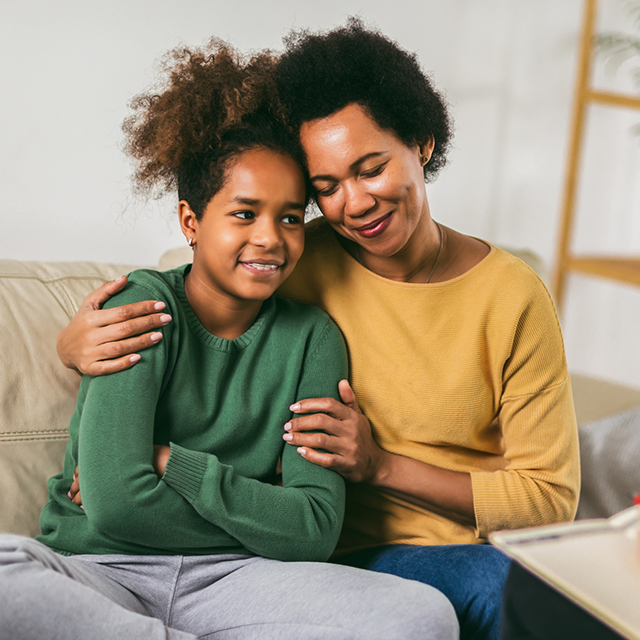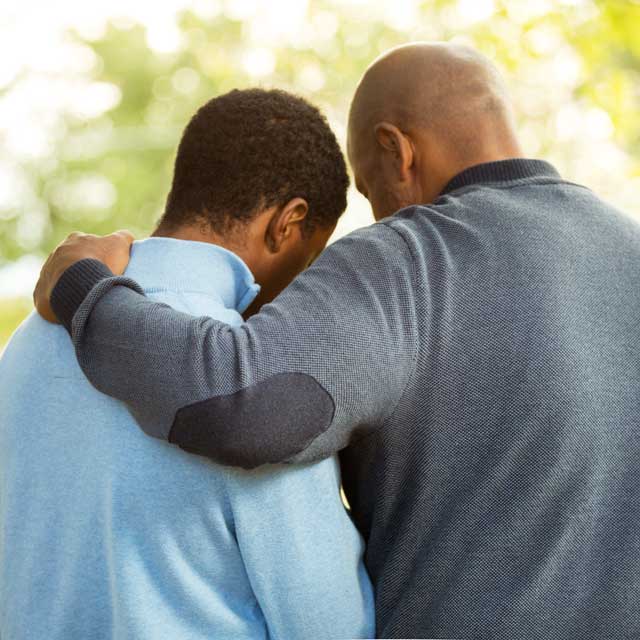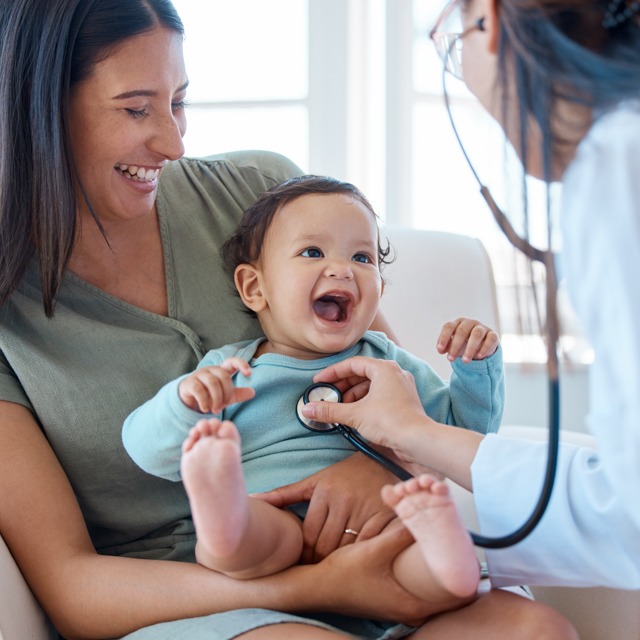A pediatrician offers tips for children’s mental health.
The Vanderbilt Center for Child Health Policy takes an annual survey of Tennessee parents, asking about their top concerns for their kids.
In a poll taken in November 2022, families’ No. 2 concern (after education) was related to children’s mental health. Mental health involves children’s mental, emotional and behavioral well-being, and can influence how they think, feel and act toward themselves and others.
This is just as important as their physical health. We parents check in with our children about their physical health (Are they energetic today? Did they finish their meal? How is that rash looking?) and ask about how they feel physically (“Did you eat OK today at school?” “How is that bellyache?” “Is your knee still hurting from soccer practice?”). We need to do the same check-in about their mental health, too.
Getting the mental health conversation started
How to understand your child’s mental health? A good first step: regularly talking with your child about their life. Good questions to ask: How is school going? How are your friends? What was most fun about the day?
These conversations are sometimes best one-on-one and during a time when your child feels safe and comfortable and you are free from distractions so you are able to listen fully. I find car rides to be a good time, or before bed or over breakfast or dinner.
Asking questions with a “how” or “what” followed by a “tell me more … ” can often get a child to provide more detail beyond the one-word response they might offer first.
It also helps to talk about our own feelings and experiences of struggle so that they realize that it is OK to put hard emotions and difficult events into words to share with others.
Good follow-up questions
The U.S. Substance Abuse and Mental Health Services Administration recommends these questions as follow-ups, if your child says something that worries you:
- Can you tell me more about what is happening? How are you feeling?
- Have you had feelings like this before?
- Sometimes you need to talk to an adult about your feelings. I’m here to listen. How can I help you feel better?
- Do you feel like you want to talk to someone else about your problem?
- I’m worried about your safety. Can you tell me if you have thoughts about harming yourself or anyone else?
When to worry about your child’s mental health
Watch for signs of poor mental health in your child. When one of these occurs at a particularly stressful time or after a significant disappointment, it may indicate something temporary.
But if you notice these frequently, or see that these symptoms are interfering with your child’s normal function, it can indicate something more serious:
- Having negative thoughts that are hard to control;
- Changes in eating or sleeping habits;
- Changes in energy levels;
- Spending lots of time alone;
- Losing interest in things they previously found enjoyable ;
- Grades dropping at school;
- Talking about death or suicide;
- Feeling sad or anxious or irritable.
If you are concerned, or aren’t sure if you should be, please do not sit with those worries alone. Talk to your child’s pediatrician and/or school counselor with your concerns. These experts can be tremendous sources of support and can provide referrals to other mental health professionals. Let your child know how very much you love them, remind them that we all struggle sometimes – and that help is available.
This post was written by Dr. Maya Neeley, a board-certified pediatrician specializing in hospital medicine at Monroe Carell Jr. Children’s Hospital at Vanderbilt. She is also a mother of 5.

Finding help
If your child is struggling, the next best step is to talk with your pediatrician, who can assess and make any needed referrals. Monroe Carell Jr. Children’s Hospital at Vanderbilt’s Pediatric Primary Care clinics ensure quality care for your child as close to home as possible, with 10 locations in Middle Tennessee.




